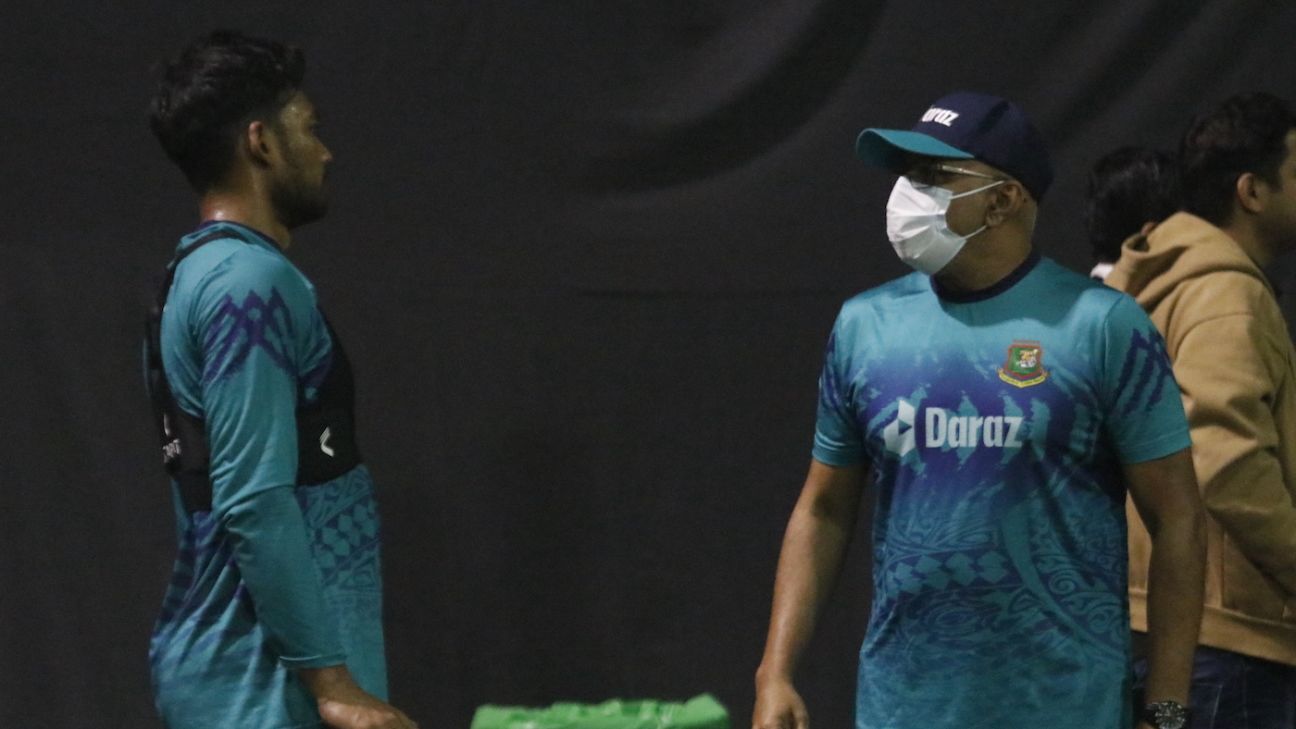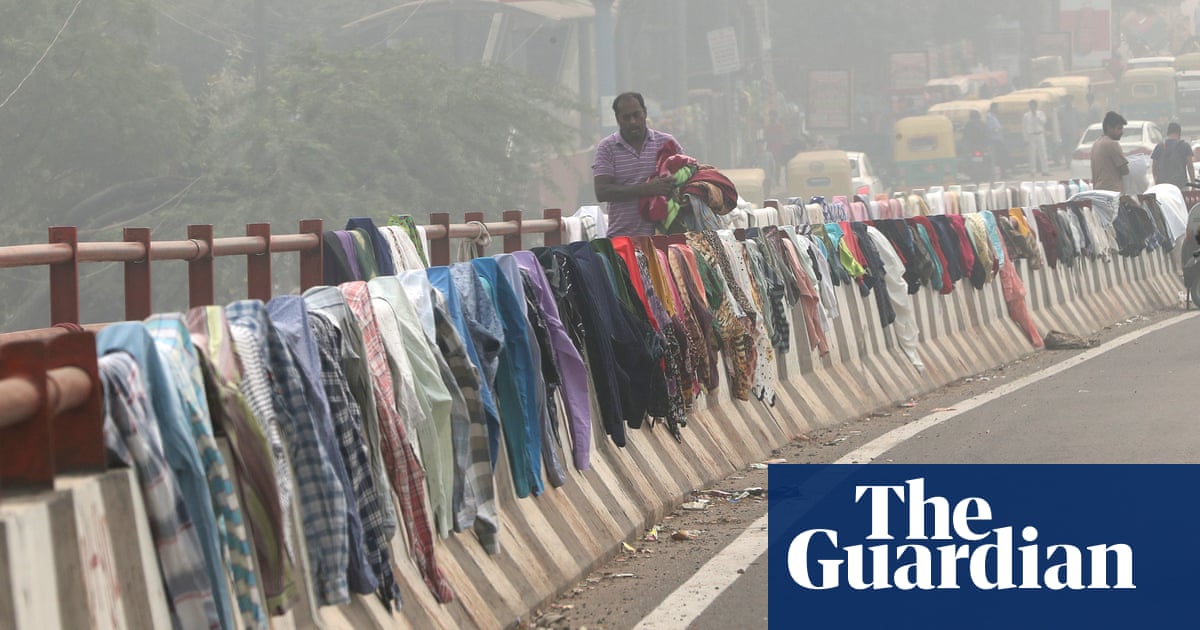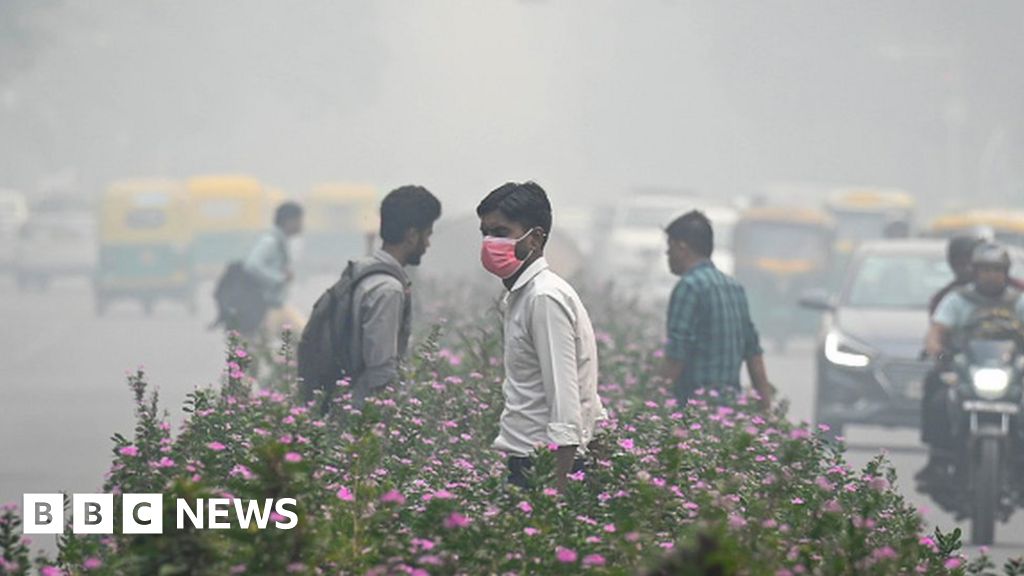Delhi is struggling with an annual environmental catastrophe as air pollution levels soar to dangerous heights. The recent spike in air pollution, with an Air Quality Index (AQI) of 500, is 100 times higher than the World Health Organization’s (WHO) recommended safe limit.

Also Read: Red Meat Linked to Risk of Type 2 Diabetes
This situation has consequences, impacting the health and well-being of millions of residents. The causes of this pollution crisis and affects the people of Delhi.
As winter sets in, so does the “pollution season” in Delhi. The city experiences a thick toxic smog, which has become an annual occurrence, the city and endangering the lives of its residents.
The situation has reached a breaking point, with schools forced to shut and non-essential construction activities banned.
Several factors contribute to the pollution crisis. A main factor is the burning of crop fields by farmers in the neighboring states of Haryana and Punjab during the crop planting season.
This practice results in a rise in particulate matter in the air, worsened by wind patterns that carry pollutants into Delhi and lower temperatures that trap these harmful particles.
In recent days, the state of Punjab witnessed a 740% increase in farm fires, with over a thousand recorded in a single day.
Other sources of pollution in the city include vehicle emissions, construction activities, and the burning of waste in garbage plants.
The health effects of air pollution are already becoming evident in Delhi. Doctors in the city have reported an increase in patients with respiratory issues, including coughs, colds, watery and irritated eyes, and breathing problems.
Also Read: Bird Flu Reappears in US Commercial Poultry Flocks
Pollution does not discriminate by age, affecting people of all age groups. The people are left with no choice but to wear masks and limit outdoor activities to essential.
Delhi consistently ranks as one of the most polluted cities globally. According to this year’s Air Quality Life Index from the University of Chicago’s energy policy institute, the city’s residents could have their lives shortened by 11.9 years due to the toxic air they breathe.
The government, led by the Aam Aadmi Party (AAP), claims to have a pollution action plan in place. However, there appears to be impact on the city’s worsening air quality, especially during the pollution season from November to January.
Measures undertaken by the AAP government include sprinkling water on roads to reduce dust and the construction of two “smog towers,” each costing over $2 million.
These towers, which were intended to clean the air, have been deemed largely ineffective by scientists. As the pollution crisis continues, it is important to stay updated on the latest developments.
Recent updates reveal that the Air Quality Index (AQI) in Delhi remains in the “severe” category, with an average AQI of 413.
Also Read: NHS Strikes: 72 Hour Doctors Strike Starts in UK
This situation has prompted an emergency response from the government, including measures to reduce emissions and dust pollution.
The air pollution has not gone unnoticed worldwide. Countries like Sri Lanka have canceled training sessions in the national capital due to “severe” air pollution.
A recent study has linked air pollution to Parkinson’s disease. Living in areas with medium to high levels of air pollution has been associated with a 56% higher risk of developing Parkinson’s disease. This study shows the need to address air quality issues for the well-being of residents.
Health experts suggest taking individual measures to reduce exposure to pollution, such as using masks, limiting outdoor activities during periods of poor air quality, and using air purifiers at home.
Interstate disputes have also emerged in the context of air pollution. Haryana’s Agriculture Minister has criticized the Punjab government for burning, a practice contributing to air pollution in Delhi.
Delhi’s Environment Minister has urged the central government to allow only Compressed Natural Gas (CNG), electric, and Bharat Stage VI (BS VI)-compliant vehicles in the national capital. This measure seeks to mitigate vehicle emissions, a major contributor to air pollution.
Also Read: Nobel Prize in Medicine Awarded to Katalin Karikó and Drew Weissman
























